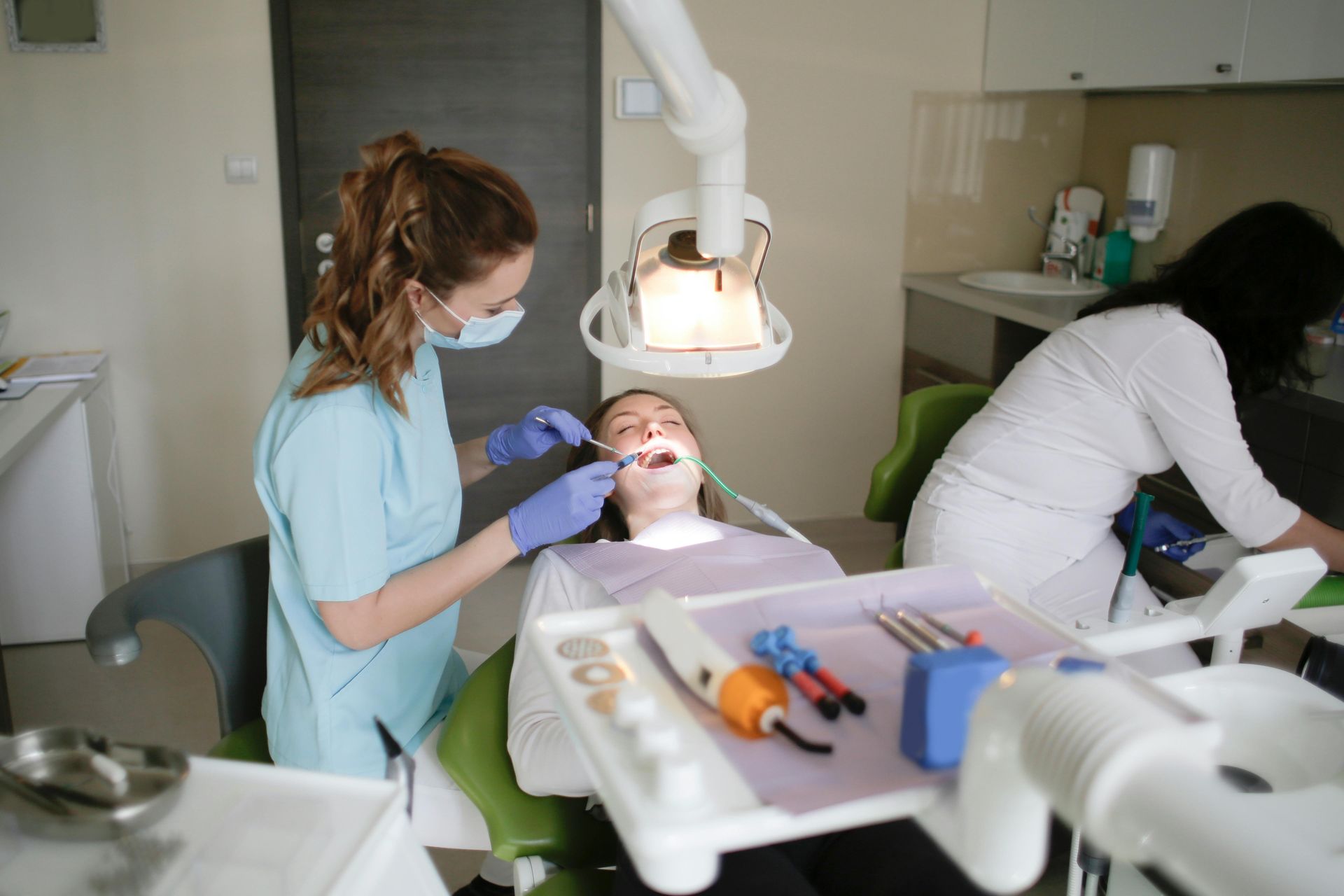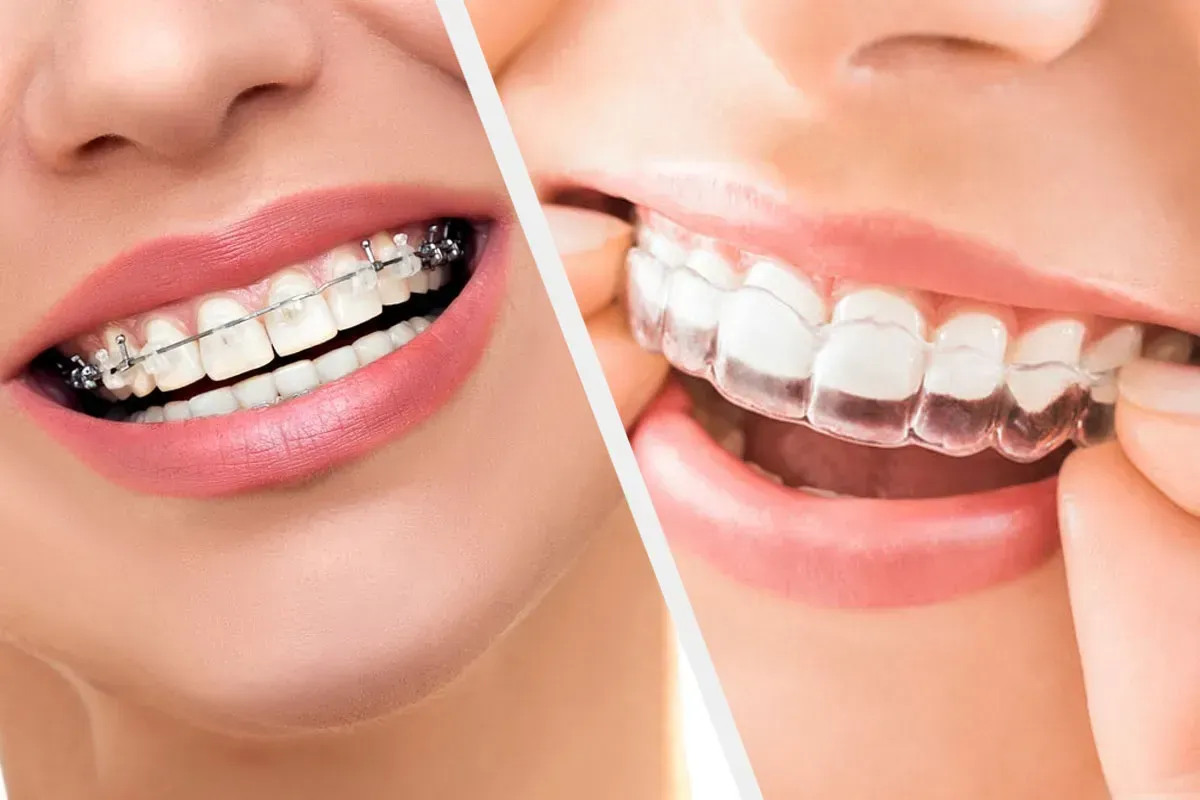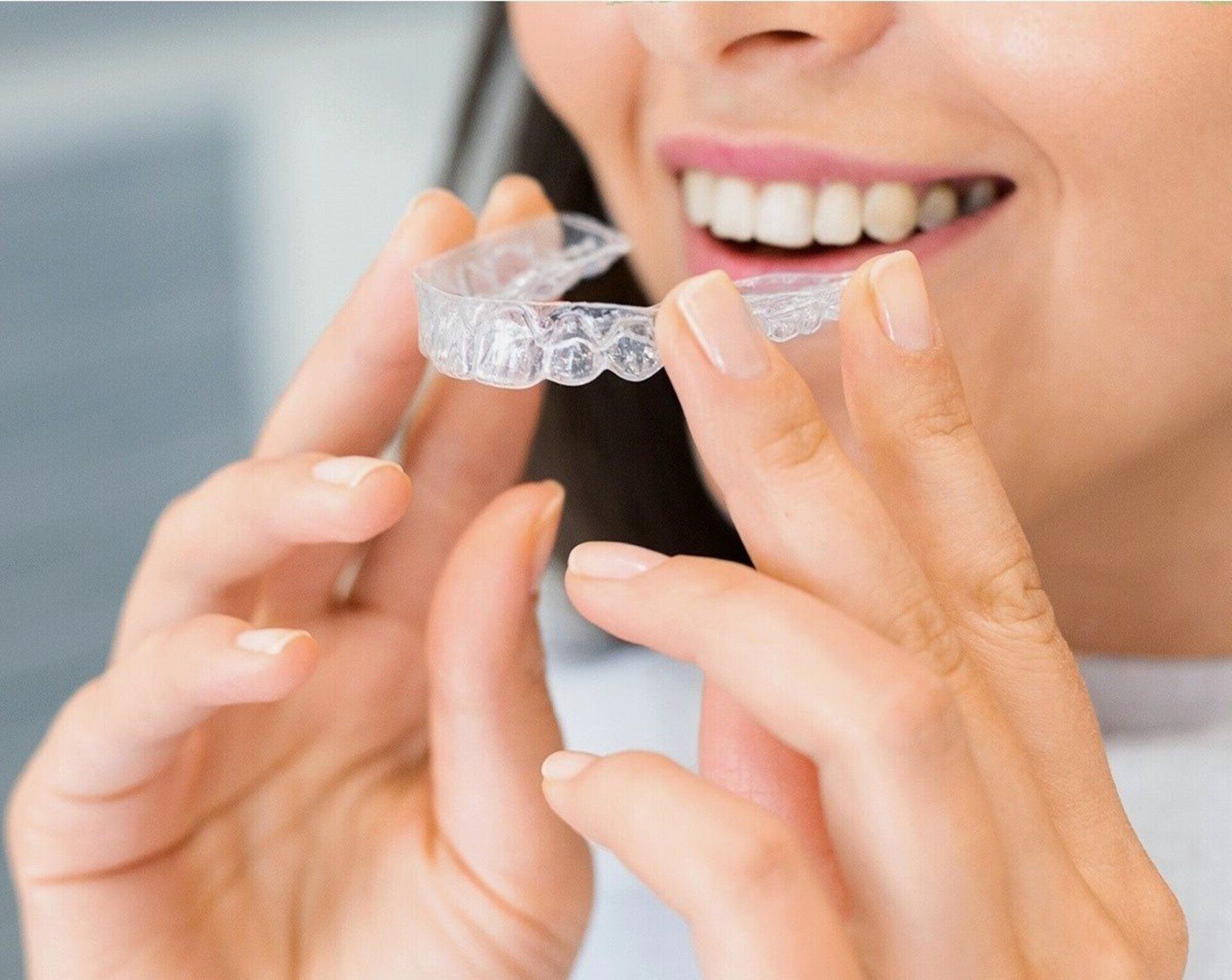5 Key Lifestyle Changes for a Lasting Healthy Smile
Healthy Glow Requires More Than Just Occasional Brushing
A radiant smile can be a powerful asset, influencing how we communicate and connect with others. However, maintaining that healthy glow requires more than just occasional brushing and dental check-ups.
Good oral health is a reflection of our overall well-being and hinges on routine practices and lifestyle choices. From diligent brushing techniques to the foods we consume, every aspect plays a crucial role in sustaining our dental hygiene.
In this article, we will explore five key lifestyle changes that can contribute to a lasting healthy smile. By implementing these strategies, you can ensure your teeth remain strong and your confidence shines through.
Establish a Consistent Brushing Routine
Establishing a consistent brushing routine is essential for maintaining good oral health and nipping potential dental issues in the bud. Dental health professionals recommend brushing teeth twice daily, using fluoride toothpaste to strengthen tooth enamel and lower the risk of tooth decay.
Daily Brushing Routine:
- Time: Spend at least two minutes brushing, focusing on all areas of the mouth.
- Technique: Use gentle circular motions to clean teeth and gum line effectively without causing irritation.
- Tools: Opt for a toothbrush with soft bristles to protect enamel and a small head to reach all corners.
In the morning, brushing helps eradicate food particles and bacteria that have built up overnight, which can lead to bad breath and gum disease. Before bedtime, brushing is crucial to remove the day’s accumulation of food, sugary substances, and acidic residue that can erode tooth enamel.
Besides reducing the likelihood of dental health problems, a consistent routine contributes to maintaining a beautiful smile. Don't overlook the importance of regular dental visits and professional cleanings as part of a comprehensive oral care strategy for a dazzling, mouth-healthy smile.
Incorporate Daily Flossing
Incorporating daily flossing into your oral hygiene routine plays a critical role in maintaining a mouth healthy. By removing food particles and plaque from areas where a toothbrush can't reach, flossing helps prevent gum disease and tooth decay. It's a simple habit that can safeguard the health of your teeth and gums.
Here are the essential steps to effective flossing:
- Break off about 18 inches of floss and wind most of it around your middle fingers.
- Hold the floss tightly between your thumbs and forefingers.
- Guide the floss gently between your teeth using a rubbing motion.
- Once near the gum line, curve the floss into a C shape against a tooth and slide it into the space between the gum and the tooth.
- Hold the floss against the tooth, rub the side of the tooth, moving the floss away from the gum with up and down motions.
- Repeat this process for each tooth.
Remember, when flossing, being gentle is key to avoiding potential issues like harming the gum tissue. Incorporating daily flossing into your routine contributes considerably to a dazzling smile and overall dental health.
Embrace a Balanced Diet
Maintaining a balanced diet is foundational for oral health. A diet rich in vegetables, fruits, lean proteins, and whole grains can prevent tooth decay and gum disease. Sugary foods and beverages are known culprits in promoting the growth of harmful bacteria, leading to cavities. Acidic foods can erode tooth enamel, diminishing the strength of teeth. Conversely, dairy products, which are high in calcium, and crunchy fruits and vegetables, that increase saliva production, can protect against decay.
Foods that are beneficial for your healthy smile:
- Vegetables: High in vitamins, scrub tooth surfaces
- Fruits: Increase saliva, natural scrubbers
- Lean proteins: Provides phosphorus for tooth enamel
- Whole grains: Reduces risk of gum disease
- Dairy:
High in calcium, strengthens enamel
Incorporating a variety of these foods not only keeps your mouth healthy but contributes to your overall well-being. Additionally, drinking water throughout the day helps wash away food particles and reduces the risk of tooth decay. Remember, a healthy diet should be part of your daily oral hygiene routine to ensure a dazzling smile.
Stay Hydrated for Saliva Production
Staying hydrated is crucial for maintaining optimal saliva production, which plays a vital role in oral health. Saliva not only helps to moisten the mouth, preventing dry mouth—a condition that can lead to a multitude of dental issues—but it also helps to neutralize acids produced by bacteria, thereby protecting teeth from the risk of tooth decay.
Adequate water intake keeps the flow of saliva at a healthy level, which is necessary for washing away food particles that can lead to gum disease and bad breath. Moreover, water dilutes the acidic environments created by acidic foods and drinks that can erode tooth enamel, ensuring a mouth healthy enough to flaunt a beautiful smile.
Consider incorporating more water into your daily routine to promote a dazzling smile. Aside from its role in oral hygiene, water aids in digestion and overall bodily functions, highlighting the importance of hydration for both dental health and general well-being. By making water a staple in your daily habits and oral care products, you are supporting a healthy diet, which translates to healthy teeth, and contributing to a more vibrant and healthier smile.
Schedule Regular Dental Visits
Safeguarding your dental health involves more than just your at-home care; it's vital to incorporate regular dental visits into your daily routine for a healthy smile. Dental professionals recommend check-ups and professional cleanings at least twice a year. These visits play a crucial role in maintaining oral hygiene, allowing dentists to detect early signs of gum disease, tooth decay, and other potential issues before they escalate.
During a dental visit, your dentist will thoroughly examine your teeth and gums for any signs of oral health problems. Professional cleanings are essential as they remove tartar and plaque that can lead to gum disease if left untreated, even if your daily oral care routine is impeccable. Moreover, these appointments are the perfect opportunity to get personalized advice on your daily habits and oral care products to ensure a dazzling smile.
Benefits of Regular Dental Visits:
- Early detection of dental issues
- Prevention of gum disease and tooth decay
- Advice on improving oral hygiene routine
- Professional removal of stubborn tartar
- Guidance on the best oral care products
Remember, maintaining a beautiful smile goes beyond what you can do at home. Embrace the importance of professional eyes and hands in keeping your mouth healthy.
At Wexford Dental we offer only what you need dentistry in Scarborough. Call us today at 416-222-82-96 for a general review to discuss the best procedure for you.












